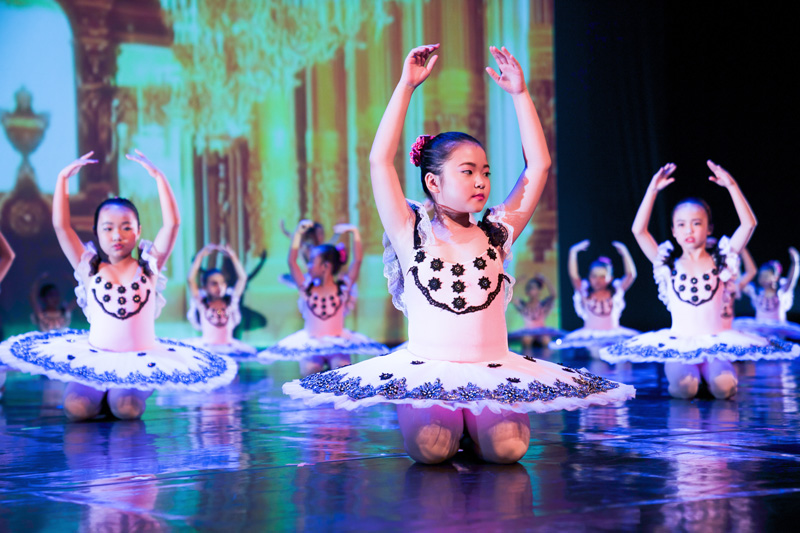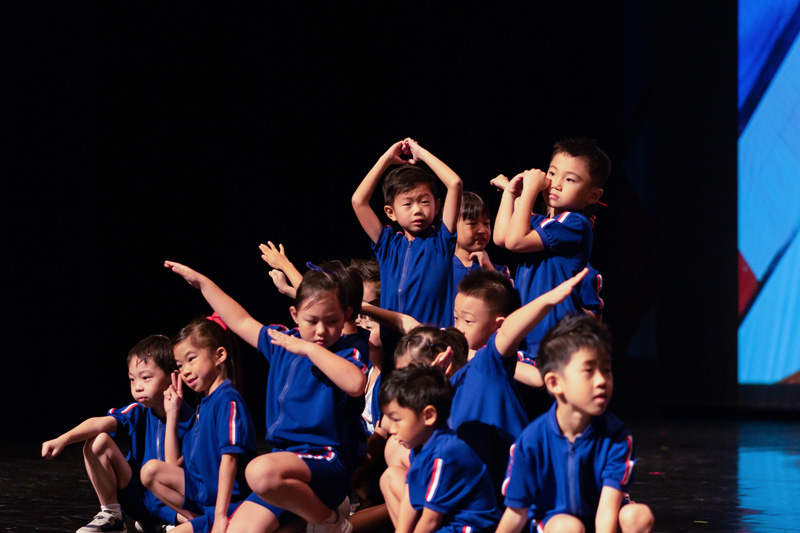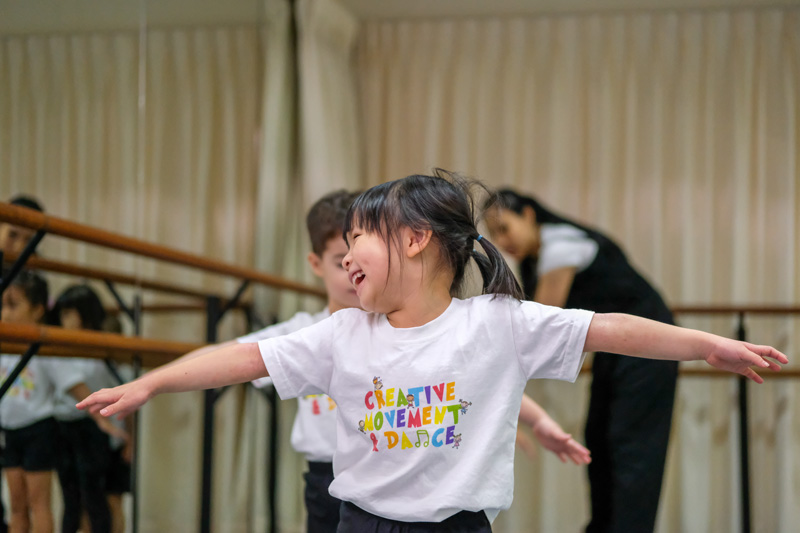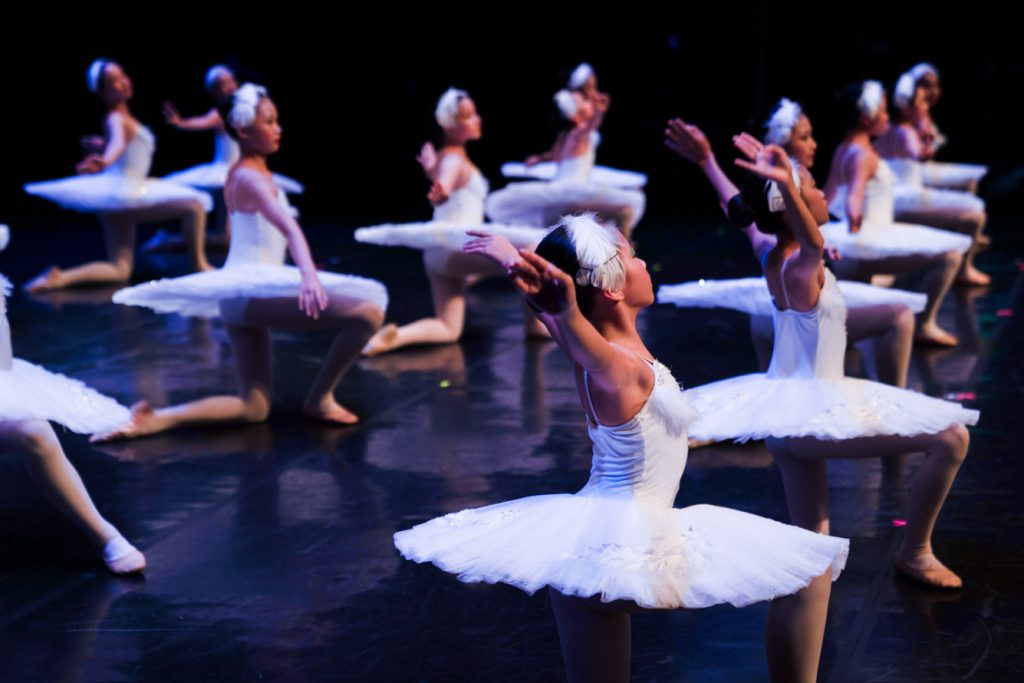3 Reasons Why Dancing Makes You Smarter
February 5, 2020
Len Goodman, a well-known professional ballroom dancer once had this to say, “Good dancing engages the brain, great dancing engages the heart.”
It should already be fairly obvious how the act of dancing brings out the emotional context of such an art form. For centuries, dancing has been likened to the perfect expression of one’s truest emotions and personality. Yet, not much attention has been paid to the first half of this quote.
Did you know that as much as dancing is believed to be food for the heart, dancing could very well be the same food that your brain needs? Here are 3 reasons why dancing makes you smarter.

If you stumble, make it part of the dance.
1. Spontaneity Solves Problems
All forms of dance will require some levels of improvisation, be it an attempt to salvage the performance after a mistake, or simply freestyle dancing. Exposing yourself to such forms of dancing activates the cognitive functions of your brain, allowing the control centre in your head to react quickly to obstacles and come up with innovative solutions in a short span of time. This improves your creativity and problem-solving skills, making it even easier to come up with accurate solutions to your problems, be it academics or not.

Practice. Repeat. Excel.
2. High Brain Capacity
Dancing also helps to improve your brain capacity through repeated routines and practices. Translating memory into movement with countless practices of the same routine, and further fine-tuning every time you perform, improves your memory and allows your brain to function at a higher capacity. Practice, repeat and excel. This is exactly what routine dancing is all about. A greater ability to remember, surely that sounds pretty useful!

Simply dance and your mind will naturally relax into the flow of the moment.
3. A Great Tool for Relaxation
Now, what has relaxing got to do with being smart? The correlation is simple. As Goodman had put it, dancing requires both the heart and the mind to work in unison, and this connection between the two, means that a healthy state of mind is needed for maximum brain functions.
Research has shown that the physical stimulation of dancing helps to relieve stress levels, (accompanied with listening to music while dancing) and the relationship between low stress levels and high brain performance needs no explanation. This allows for more powerful brain activity and better performance even in terms of academics!
To sum it all up, be it good or bad dancing, this art form engages your mind and the health benefits are vast. Everyone would have varying levels of progress, but there is certainly no doubt that dancing could very well make you smarter!
Sources: Stanford Dance, Arthur Murray Dance, Dance Projection



